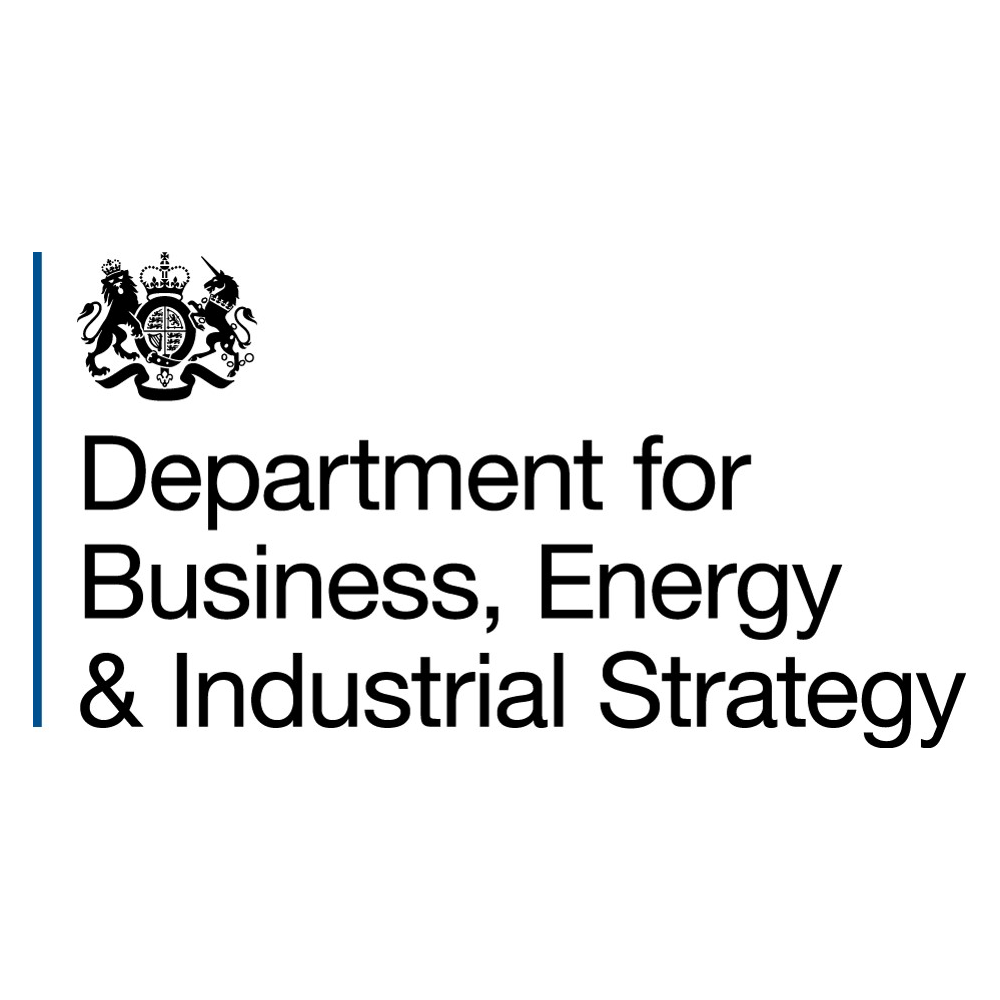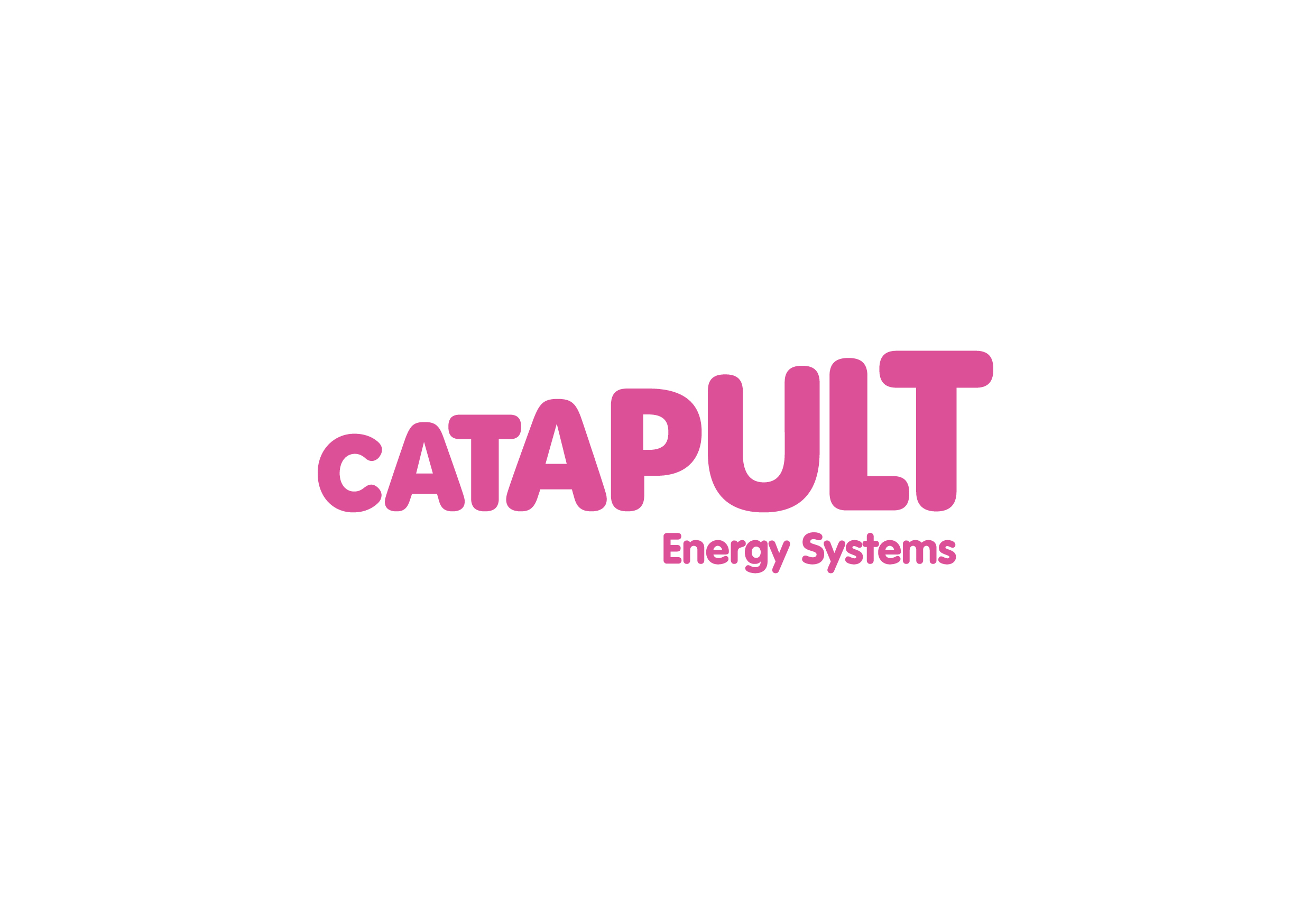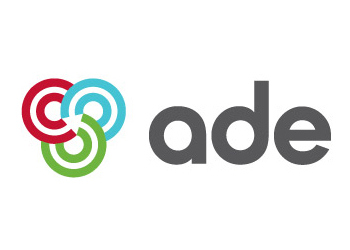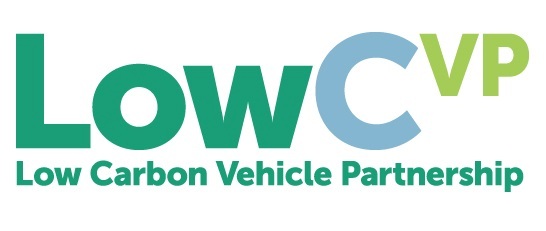Consumers at the Heart of the Energy System?
Energy use in the industrial age has largely been a passive affair. Both businesses and household consumers have flicked switches, turned knobs or started engines without knowing or wanting to know much about how energy is being delivered to them, provided that it is available when they want it and doesn’t cost too much. But is this characteristic of energy use about to change dramatically?
The 2018 conference will focus on the changing role of the consumer in the energy system, regarded by many in the industry as one of the big transitional issues of the coming decade. With the emergence of advanced technology, ‘smart’ consumers, (both industrial and domestic) can potentially make more informed choices about when and how much energy they use and ultimately become ‘prosumers’ – energy producers and storers – themselves.
The conference will explore the key challenges and opportunites for an energy system where connected consumers are key drivers, ‘acting as the market makers rather than market takers of today’* and will look at the ways markets, business models, technology and regulation will need to change in response.
It will consider how the interactions between consumers and energy systems will be affected by: environmental, social and economic priorities; new energy supply and use technologies; the marriage of energy networks and communication technologies; innovative business models; and changing consumer energy aspirations and practices. Developments in the UK, wider EU and further afield may show similar trends, given the global nature of many of the drivers of change, but there could also be national and regional differences depending on cultural and market contexts.
The plenary and parallel sessions will explore different aspects of the economics of a consumer-centred energy system, and address questions such as what changes can we expect, will consumers embrace new approaches to energy, what wider benefits could be delivered, and how can any challenges be met? Topics will include: the costs and benefits of putting consumers at the heart of the system; distributional implications and behaviours of digitisation, smart grids and the internet of things; the implications for markets, business models, distribution networks, competition and regulation; and the synergies and challenges for consumers, regulators, planners, policy makers and energy providers as heat, transport and electricity systems become more interlinked under the influences of new technologies, decarbonisation, and widening consumer choices for different fuels.
Parallel Session Topic Areas
Consumers at the Heart of the Energy System?
- Consumers and the networks: demand side response and aggregators; heavy industry as large consumers; role of storage; paying for networks; transmission; network balancing and frequency response; pricing, markets and regulation; consumer policy; renewable heat; energy and communities; prosumer
- Consumer energy prices: wholesale, transmission and distribution, supply and policy costs; Brexit and the Emissions Trading System
- Consumer opinions: perceptions, trust in suppliers and behaviour;
New Technologies and Services
- Smart energy systems: and components in business and at home: batteries and other storage technologies; metering and displays; smart appliances and controls
- Energy efficiency: technology; behaviour; regulation; skills; finance; standards (including post-Brexit); rebound
- Heat technologies and fuels: district heating; heat pumps; bioenergy; hydrogen; consumer perceptions and implications; gas demand; infrastructure; business models; new consumer services
- Transport: infrastructure and EV rate of deployment; oil demand; other fuels – hydrogen, biofuels, CNG; business models; new consumer services
Impacts and Implications of a Consumer-Centred Energy System
- Industry response to engaged consumers: business models, innovation and disruption; the future of electricity incumbents and fossil fuel providers; industrial policy and strategy; experience from other sectors; experience from other countries
- Energy use and distributional issues: fuel poverty; phasing out subsidies; winners/losers; energy access; community energy
- Big data: data protection and privacy – who benefits? Control by consumers, supply companies or automation?
- The consumer and international affairs: role in deep decarbonisation, the SDGs and global energy markets
* Challenging Ideas Report ‘Reshaping Regulation’













Post your comments and questions for the speakers here